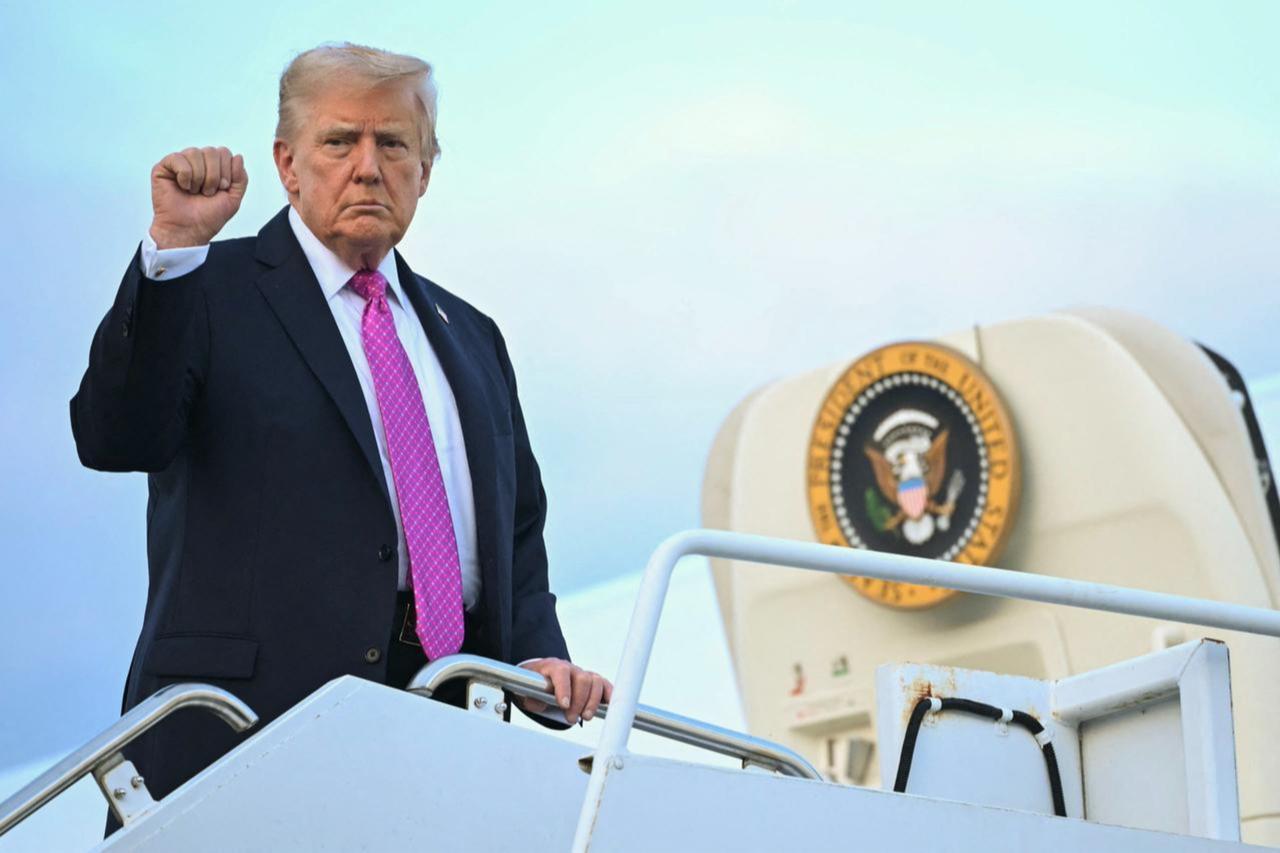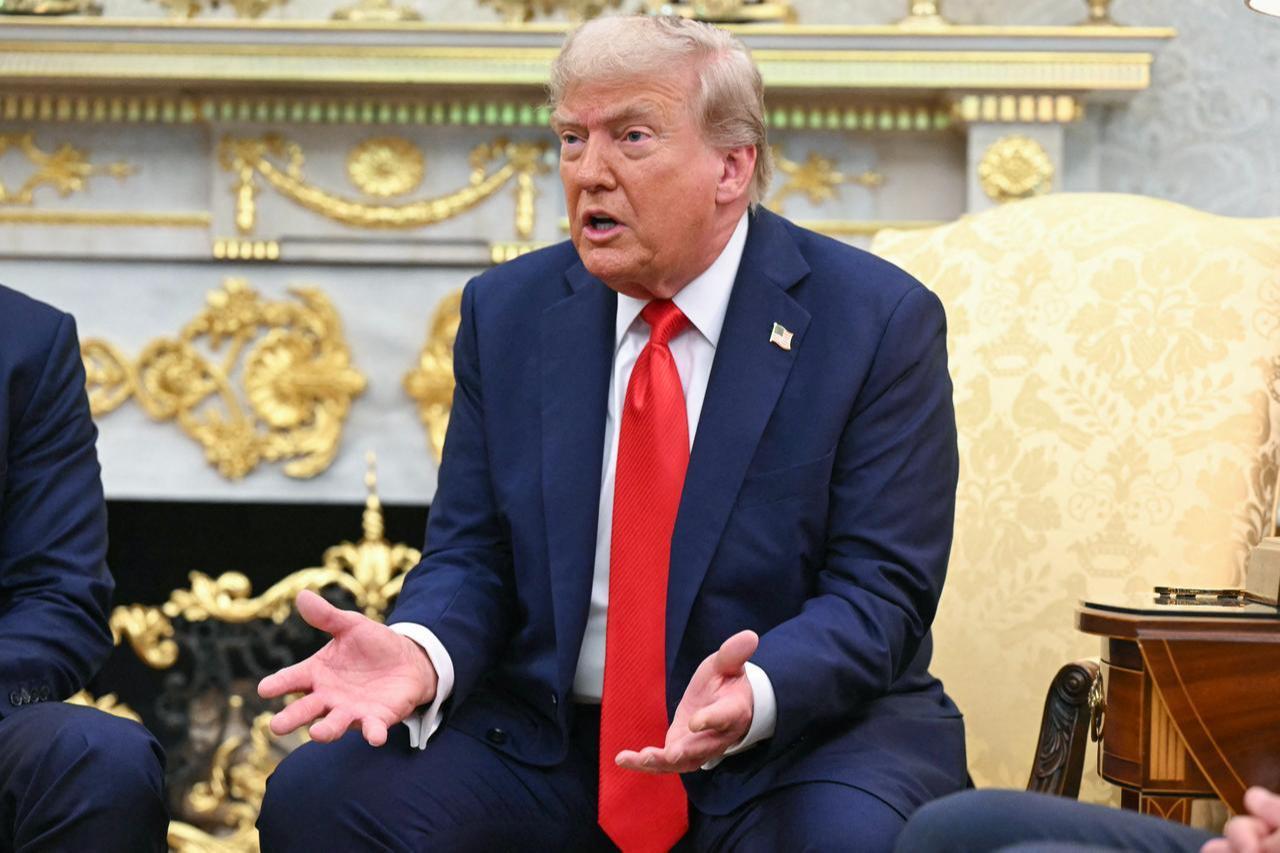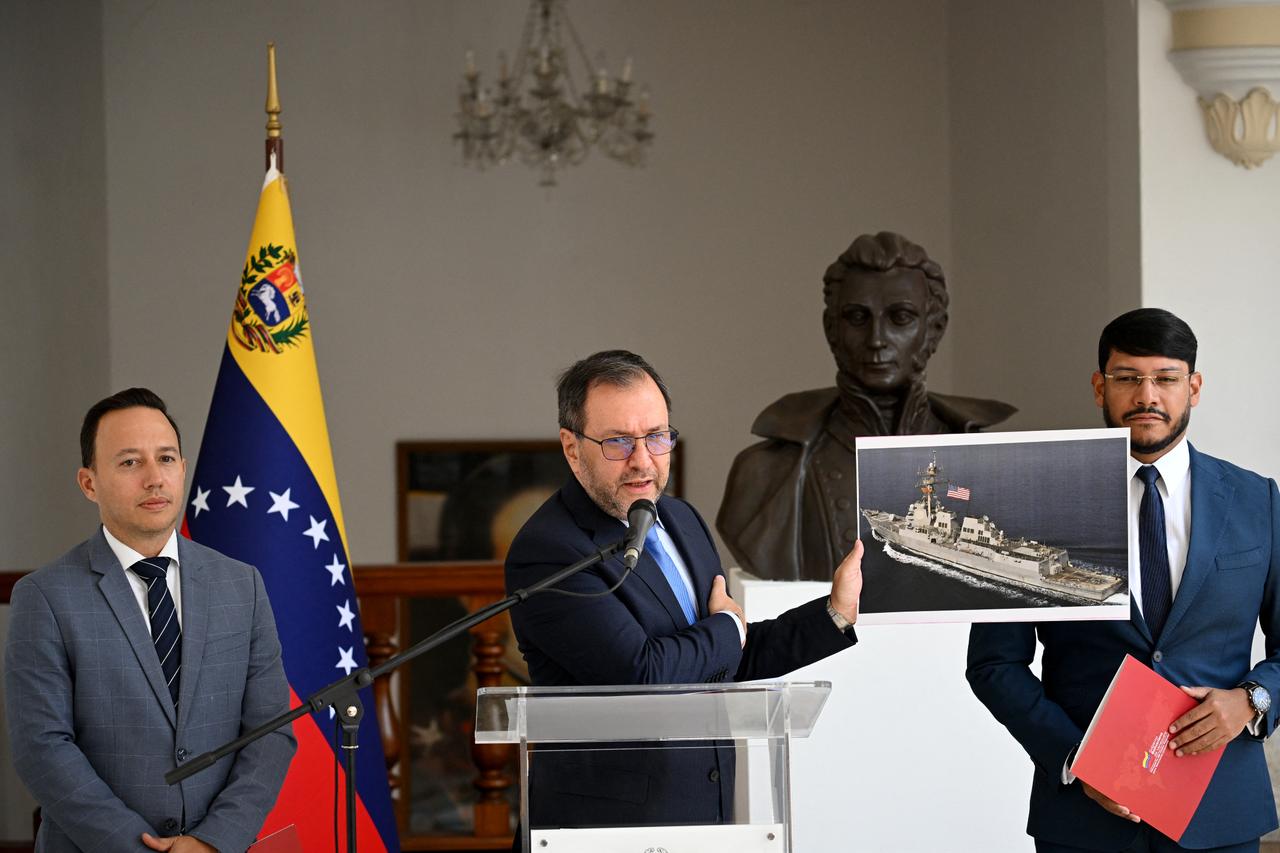
President Donald Trump announced Monday that U.S. military forces conducted a second strike against alleged drug traffickers in the Caribbean, killing three Venezuelan nationals described as "narcoterrorists."
"This morning, on my Orders, U.S. Military Forces conducted a SECOND Kinetic Strike against positively identified, extraordinarily violent drug trafficking cartels and narcoterrorists," Trump wrote on his Truth Social platform.

The latest military action follows an initial September 3 strike that killed 11 people aboard another vessel allegedly used for drug trafficking. That attack has drawn scrutiny from legal experts who question whether the operation violated international maritime law.
The escalating military operations come amid deteriorating relations between Washington and Caracas, with the U.S. deploying warships to the Southern Caribbean for what officials characterize as counter-narcotics missions. Trump has repeatedly accused Venezuelan President Nicolás Maduro's government of facilitating drug trafficking and gang activity targeting the United States.
"We'll see what happens," Trump told reporters Sunday when asked whether strikes on mainland Venezuela were being considered. Speaking from New Jersey, he accused Venezuela of "sending us their gang members, their drug dealers and drugs."
The president claimed maritime traffic in the Southern Caribbean has declined significantly "since the first strike," suggesting the military operations have disrupted trafficking routes.
Venezuela has responded aggressively to U.S. actions in the region. Two days after the initial September strike, Venezuelan F-16 fighter jets flew over a U.S. Navy destroyer in what appeared to be a show of force. Trump subsequently warned that any Venezuelan aircraft creating "dangerous situations" for American forces would be shot down.
Tensions flared again Saturday when Venezuelan Foreign Minister Yván Gil accused U.S. forces of illegally boarding a Venezuelan fishing vessel called the "Carmen Rosa." Gil described the boat as "small, harmless" and said it was seized "illegally and hostilely" for eight hours.
The Venezuelan foreign ministry alleged the incident was orchestrated by those "looking for an incident to justify escalating war in the Caribbean, with the aim of regime change" in Caracas.

The confrontation occurs against the backdrop of broader disputes over Venezuela's contested 2024 presidential election. The United States, United Kingdom and numerous other nations refuse to recognize Maduro's claimed victory, citing opposition evidence suggesting his rival Edmundo González won by a substantial margin.
U.S. officials have previously accused Maduro of leading a drug trafficking organization known as the Cartel of the Suns, offering a $50 million reward for information leading to his capture. Maduro has denied these allegations, characterizing American actions as an "imperialist move" to remove him from power.
In response to escalating tensions, Maduro has called on Venezuelans to join civilian militias traditionally used for political demonstrations. Public sector workers report facing pressure to enlist in these forces as the standoff with Washington intensifies.
The legality of the U.S. strikes remains a contentious issue, with international law experts raising questions about the basis for military action in international waters without clear authorization from affected coastal states.